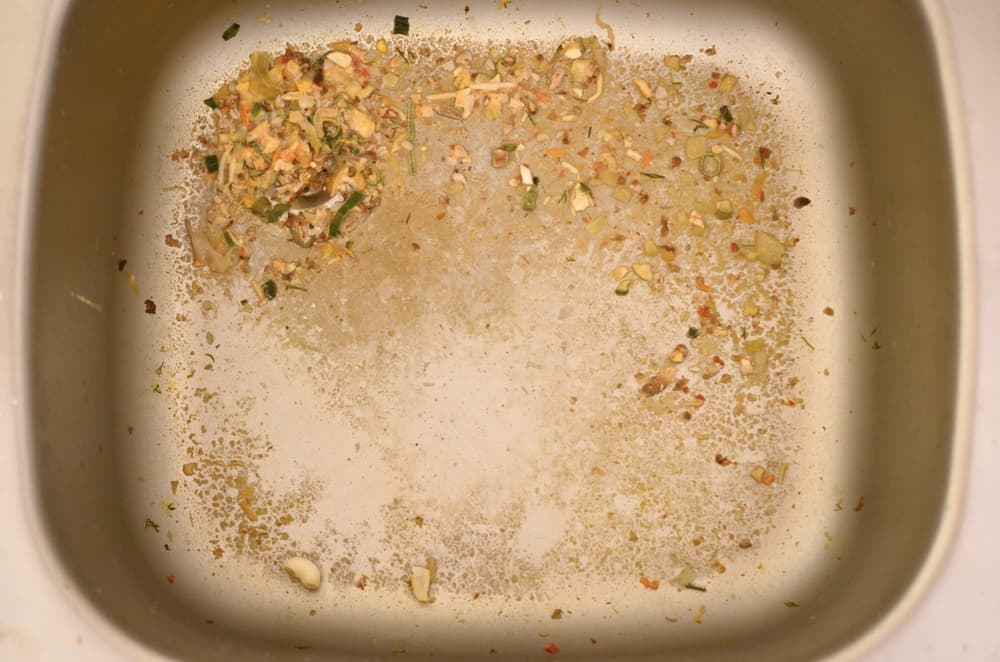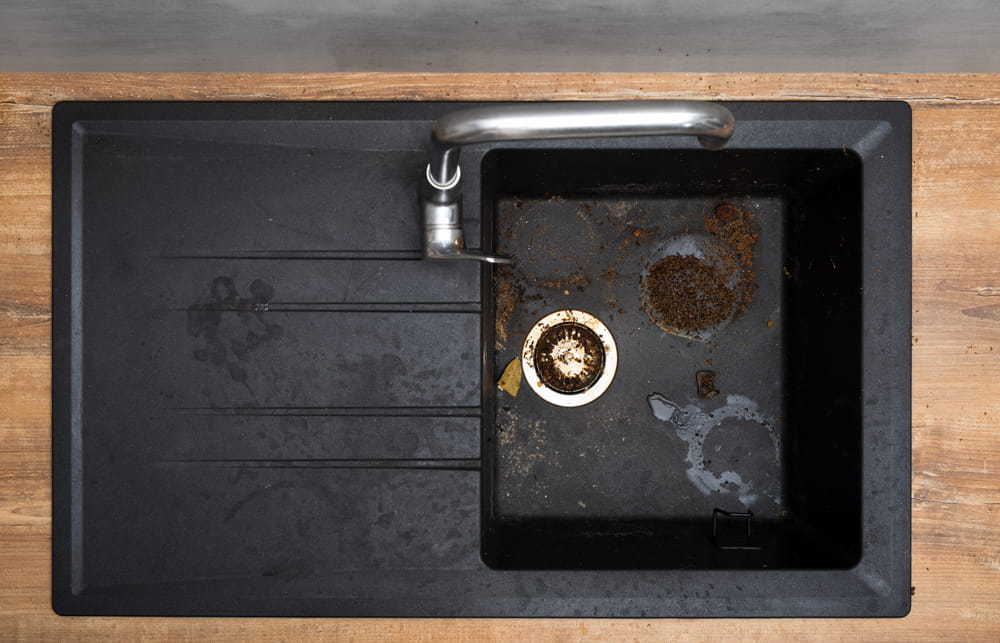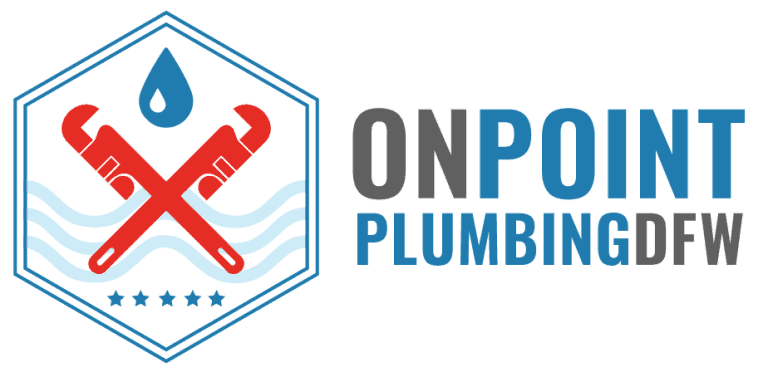
Dealing with multiple slow drains in your home can be frustrating and inconvenient. When water takes forever to drain from sinks, bathtubs, and showers, it often points to a more significant issue: your main drain pipe is clogged. A clogged main drain can lead to serious plumbing problems if not addressed promptly. Understanding the signs of a clogged main drain and knowing what to do can save you from significant repairs and water damage. This guide will help you recognize the symptoms and provide practical steps when encountering multiple slow drains in your home.
Common Signs of a Clogged Main Drain Pipe
When your main drain pipe is clogged, it can cause a ripple effect throughout your plumbing system. Here are some common signs to watch out for:
Slow Drains Everywhere: If you notice that several fixtures, such as kitchen sinks, bathtubs, and toilets, are draining slowly simultaneously, it strongly indicates that your main drain pipe is clogged. A localized clog typically affects only one fixture.
Gurgling Sounds: Another sign is hearing strange gurgling noises coming from your drains or toilets. This sound occurs when air trapped in the pipes is forced through the water in the drain traps due to a blockage.
Backed-Up Fixtures: Water backing up in various fixtures is a clear sign of a severe blockage.
Unpleasant Odors: A clogged main drain often causes unpleasant odors to emanate from your drains. This smell is due to waste and sewage being unable to pass through the pipes efficiently.
Frequent Toilet Overflows: If your toilet frequently overflows or doesn’t flush properly, it could be due to a clogged main drain. This issue is more severe than a simple toilet clog and requires immediate attention.
Causes of a Clogged Main Drain Pipe
Understanding the common causes of a clogged main drain pipe can help prevent this issue. Here are some frequent culprits:
Unwanted Tree Roots: Unwanted tree roots are naturally drawn to the moisture in your pipes. Over time, they can infiltrate and block the main drain, causing significant clogs and damage.
Grease Buildup: Pouring grease down your drains can lead to severe blockages. Grease solidifies and accumulates inside the pipes, creating a stubborn clog that slows drainage throughout your home.
Flushing Non-Flushable Items: Wipes, sanitary products, and paper towels should never be flushed down the toilet. These items do not break down easily and can block the main drain.
Old Pipes: Aging pipes can deteriorate and develop cracks or breaks, leading to blockages. They are also more susceptible to clogs from debris buildup and root infiltration.

DIY Solutions for Multiple Slow Drains
While some main drain pipe clogs require professional intervention, there are a few DIY methods you can try to alleviate the problem:
Use a Plunger: A plunger can be an effective tool for minor clogs. Use a sink plunger for sinks and a toilet plunger for toilets. Ensure a tight seal and plunge vigorously to try and dislodge the blockage.
Baking Soda and Vinegar: This natural remedy can help break down minor clogs. Pour a cup of baking soda followed by a cup of vinegar down the drain. Wait for about 30 minutes, then flush with hot water.
Drain Snake: A drain snake or auger can reach and break up deeper clogs in the pipes. Insert the snake into the drain and turn the handle to push through the blockage.
Boiling Water: Pouring boiling water down the drain can help dissolve minor grease clogs. However, be cautious with PVC pipes, as boiling water can damage them.
When to Call a Professional
Here are some scenarios where professional help is essential:
Persistent Clogs: If your drains remain slow despite trying DIY methods like snaking, the clog is likely too severe or deep within the main drain.
Sewer Line Damage: Professionals have the tools to inspect your sewer lines and identify any damage or blockages caused by tree roots or pipe deterioration.
Multiple Backups: Experiencing multiple backups in your home indicates a severe issue with the main drain that requires professional assessment and repair.
Foul Odors: Persistent foul odors from your drains suggest a blockage that must be professionally cleaned to prevent further issues.
For residents of Bedford, TX, our drain cleaning professionals are equipped to handle these and other plumbing problems efficiently and effectively.
Preventing Future Clogs
Preventing clogs in your main drain pipe requires regular maintenance and mindful habits. Here are some tips to keep your drains clear:
Avoid Pouring Grease: Never pour grease or oil down your drains. Instead, dispose of it in a container and throw it away in the trash.
Use Drain Strainers: Install drain strainers in your sinks and tubs to catch hair, food particles, and other debris that could cause clogs.
Flush Only Toilet Paper: Only flush toilet paper. Avoid flushing items like wipes, sanitary products, and paper towels.
Regular Inspections: Hire a professional to inspect your plumbing regularly to catch and address potential issues before they become severe.
Time to Take Action
Addressing multiple slow drains in your home promptly can prevent extensive damage and costly repairs. If you’re experiencing signs of a clogged main drain pipe, taking action immediately is crucial.
For reliable and professional help, reach out to On Point Plumbing DFW. Our experienced Bedford plumbing team is equipped to handle any plumbing issue, including main drain pipe clogs, ensuring your home’s plumbing runs smoothly and efficiently. Don’t let slow drains disrupt your daily life—contact us today for expert assistance.
